Hot Books, Strange Tales — From Haunted Love to Literary Thrillers, Your August Reading Just Got Wild
Think twisted romance, dark glamour and high-concept plots galore


Celebrity news, beauty, fashion advice, and fascinating features, delivered straight to your inbox!
You are now subscribed
Your newsletter sign-up was successful
Following on from our bumper summer books reading list, we’re at that period of summer that used to be called the ‘silly season’, and while the novels featured in this month’s handpicked crop are anything but silly, it’s fair to say many of their writers are getting playfully inventive. Just for starters, we have a novel narrated by the Helm Wind, a mail-order bride kidnapping caper-turned deeply personal reflection on the war in Ukraine and a journey into a Dante-esque underworld to bring a Cambridge professor back from the dead, and a puma on the loose in settler-era Australia.
With the longlist just announced, it’s also the beginning of Booker Prize season, and a couple of our new releases come freshly minted off that. There’s also more than one star-crossed romance, a mind-bending supernatural mystery-thriller, a heartbreakingly funny divorce novel, some breathtaking short fiction and lots, lots more.
So lay out your blanket or pull up your beach chair – with this lot to keep you company, you ain’t going anywhere.
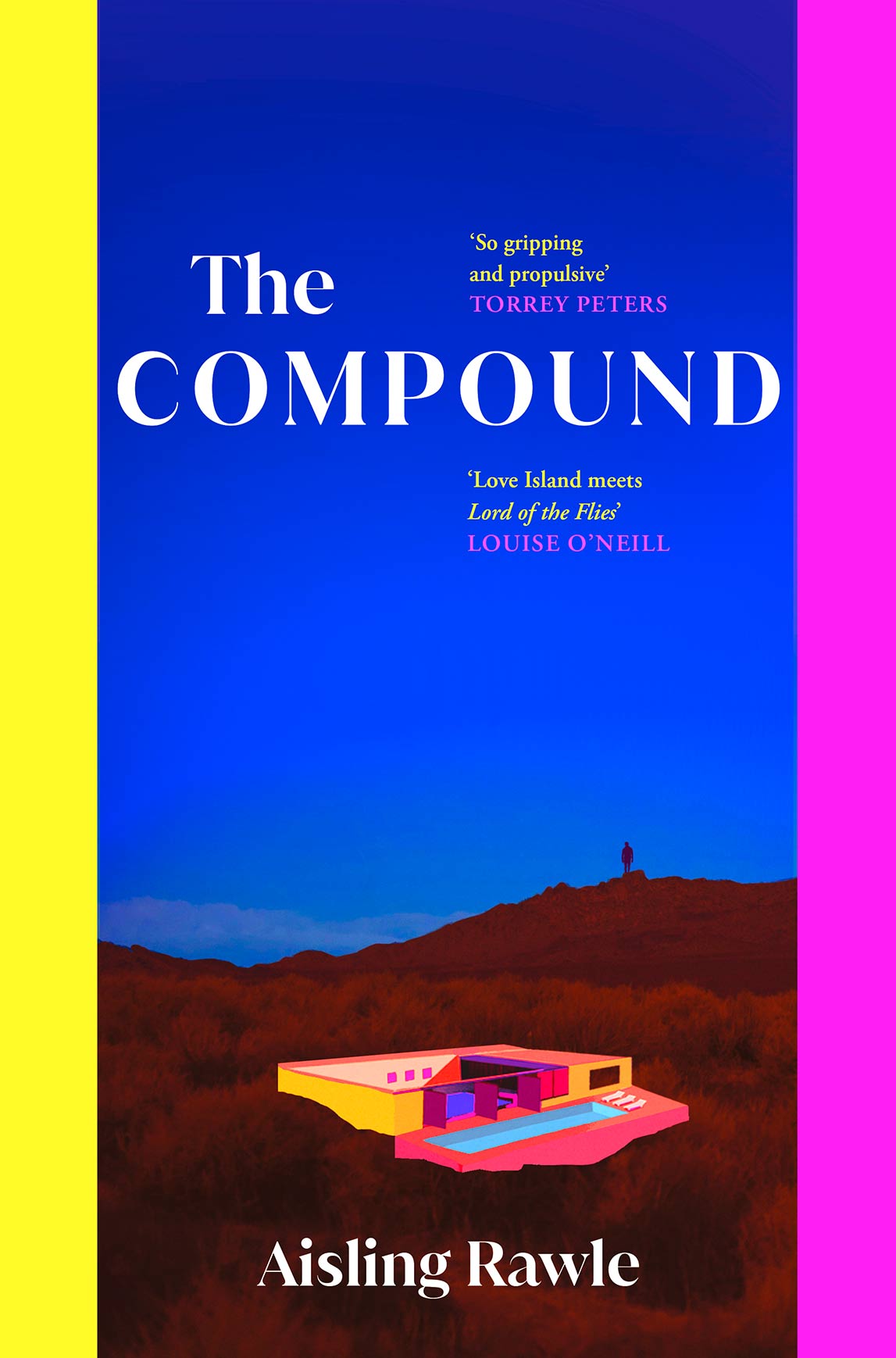
Lily wakes from a drugged sleep to find herself on the set of a long-running reality TV show in which women and men have to couple up – and stay coupled up – to remain in the game. They are watched on a continuous live feed and given prizes for a variety of group and personal tasks, the value of which increases the longer they stay in the game (or, more tellingly, the higher the personal stakes might be). There is an underlying sense of threat from the outset – and not only because the desert location is both desolate and dangerous; they have to play for even basic resources to secure the property and even fresh drinking water. As the game continues, we begin to understand that the world outside is not quite as we know it, with continuous war and the imminent threat of all-out climate catastrophe. Added to the sense of menace inside the compound and it becomes a game that’s less Love Island and more survival of fittest Lord of the Flies-style, adding an unsettling edge to this clever spin on the locked-room premise.
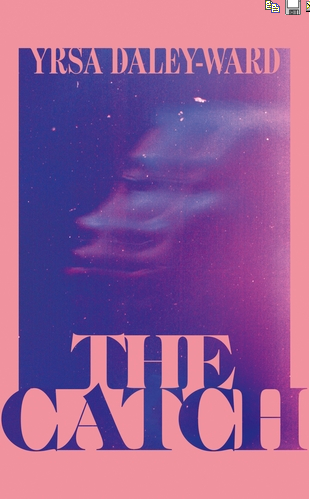
Estranged sisters Clara and Dempsey are reunited after Clara sees a woman who looks exactly like their mother, Serene, who has been missing, presumed dead, since last being seen on the banks of the Thames decades before. But while Clara is convinced this woman – who hasn’t aged a day – is their mother back from the dead, Dempsey is equally convinced this Serene is a con artist, out for all she can get. If that sounds like a straightforward enough premise for a thriller, The Catch is anything but. Clara is a best-selling writer whose latest work appears to be a word-for-word take on original Serene’s own unpublished writings before she disappeared and Daley-Ward has a lot of fun playing with the surreal, supernatural fantasticness of this against the practical realities Clara is determined to prove to be true. Even beyond this pretty mind-bending premise there’s plenty more going on – not the least of which are the sisters own sibling rivalry and differences after growing up in two very different homes in the wake of their mother’s disappearance. Don’t overthink it. This knotty exploration of everything from adoption and addiction to fame and sexual control – with a heavy sprinkling of metaphysical magic thrown in for good measure – is a fascinating debut. Just sit back and enjoy the ride.
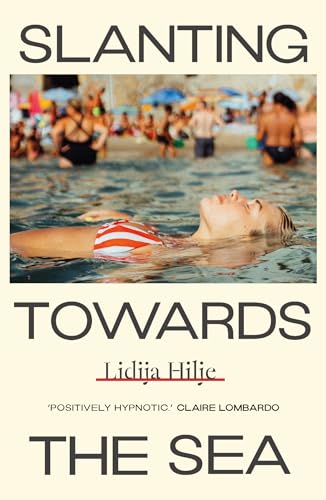
Ivona is 38 years old. Childless, divorced and living with her sick, widowed father in the post-war Croatian town where she grew up, she is still deeply in love with her ex, Vlaho, and emotionally entrenched in the life he shares with his new partner and children. So far so typical of one of any of a number of disillusioned and disenfranchised female protagonists in recent fiction. Yet there is much more to Ivona – and to Hilje’s debut novel – than the tropes of sad-girl literature, and Hilje unveils them with skill. There’s that deep, complicated bond she and Vlaho still share, for one (her world, ‘softly tipping into his direction, as if he himself were the sea’ since their first kiss as students a decade earlier). And there is Croatia itself – struggling in its emergence from a brutal conflict, its citizens are continuously blindsided by bureaucracy and trapped in a kind of half-and-half existence as they wait to join the EU – frustrations that reflect Ivona’s own thwarted ambitions and trapping within a fist of toxic relationships. As she struggles to save her father’s family home and olive farm from foreclosure, she is forced to confront the limitations of her life, test what she is willing to do to move past them, and reckon with what remains. It all adds up to deeply compassionate account of a women attempting to come to terms with her relationships, history and herself. Just beautiful.
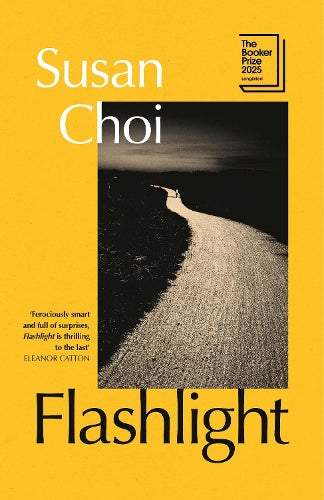
What came first – the short story or the seed of the idea for the longer book? The opening chapter of Choi’s sixth, Booker-longlisted novel first came to public light as a short story of the same name, in which we met 10-year-old Louise in the office of the psychiatrist she’s been referred to for acting out and petty theft not long after her father, Serk, slipped and went missing – presumably drowned – on a beach in Japan. From there, the story quickly opens out into a thematically and geographically wide-ranging work covering four generations of absence, exile and estrangement. But personal loss and tragedy are just the start of it. Choi is interested in much broader political themes, and as the novel plays out these are revealed gradually at first, then show-stoppingly. No spoilers on that (you’ll thank us for it, promise) – just read it and discover its full impact for yourself.
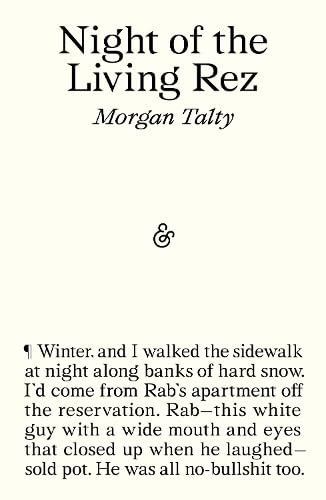
We fell hard for Talty’s debut novel last year, and lucky us because now his first full-length work – published to great acclaim in the US in 2022 – is now also getting a UK release. Night of… is a series of interconnected short stories that by the very nature of its set-up, is a slower burn than Fire Exit – its standalone-story set-up means that it takes time for the various threads that weave the collection together to reveal their full impact. It’s well worth the wait, wending its way back and forth across several decades in the life of David, a citizen of the Penobscot Indian Nation who lives on the reservation (the ‘rez’ of the title) where the stories are set, en route.
Talty’s mastery of his craft is evident on every page. This is a community at once tightly interconnected and rudderless: unemployment, addiction and petty crime are part and parcel of everyday life on the rez and that staggering, back-and-forth timeline is no accident, serving to slowly reveal the lives of and backstories of his characters and inviting us, as readers, to better understand what drives them without expectation or judgement.
‘I wonder if How’d we get here? is the wrong question,’ a teenage David asks himself at one point. ‘Maybe the right question is How do we get out of here? Maybe that’s the only question that matters.’ In Talty’s hands, all the questions matter and if few come readymade with easy answers, each and every one is handled with the writer’s trademark empathy and compassion. To which all we can say is – bring on book three...
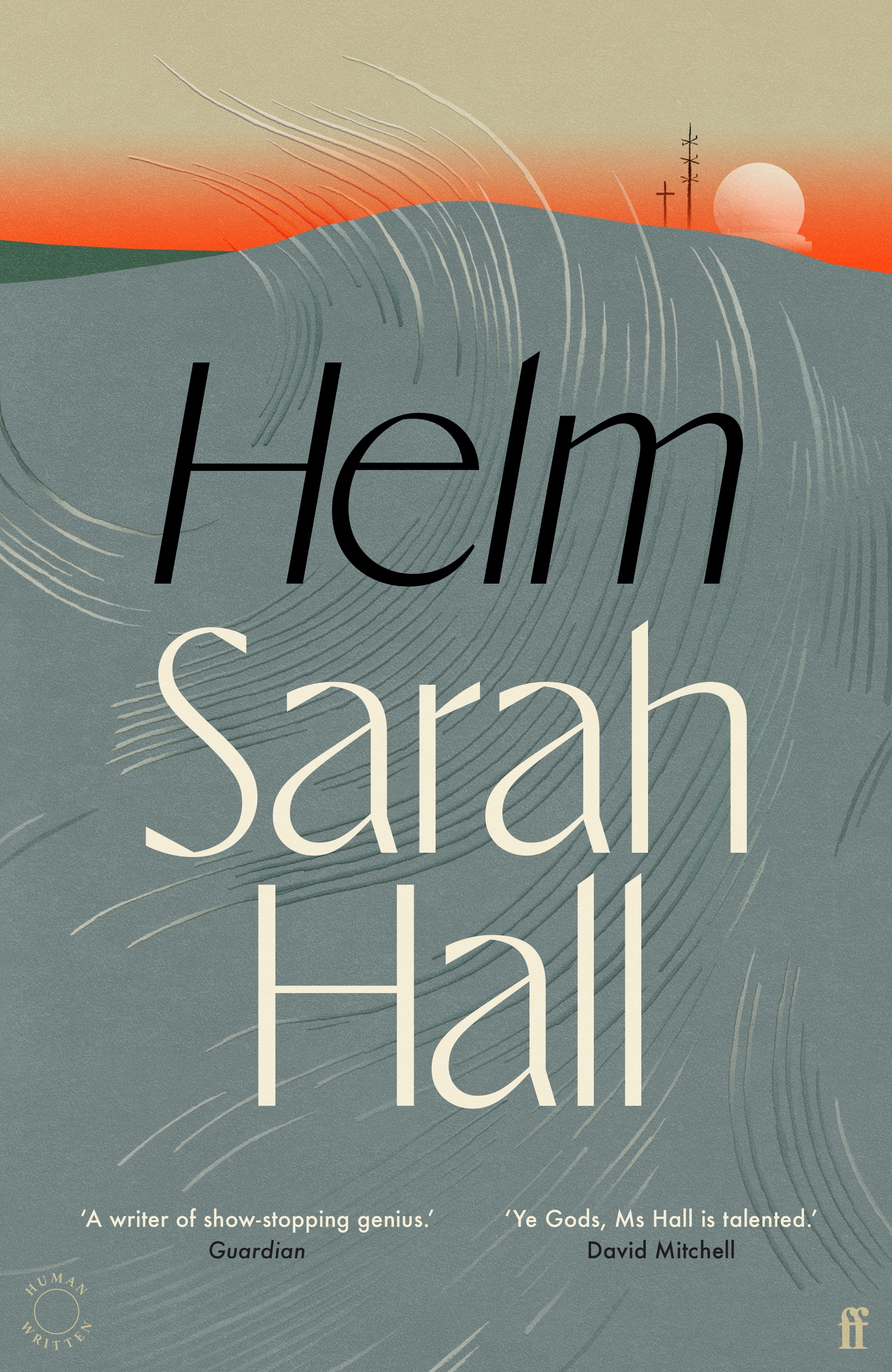
There are very few writers who could pull off a novel in which the main character is not a person or anything else commonly considered ‘living’, but a weather phenomenon. The Helm Wind is the UK’s only named wind (think la Mistral relocated to Cumbria), and Hall draws on its characteristics – playful, mischievous, ever-present – to create an eons-long narrative with Helm at its core, narrating and overseeing all the other players. We are there at the very beginning, as Helm is formed along with the earth itself, and then through early human habitation right up to the present day, ticking off major periods, events and timelines in human history – Neolithic, Medieval, Industrial – right up to the climate-challenged present day with a cast of characters from shaman to medieval wizard to meteorologist and many, many more. Hall’s prose is inventive, puckish, fun and sometimes downright puerile (‘Helm’ we learn ‘loves a fart joke’), using Helm to pull all the disparate threads of human existence together in a wide-ranging narrative filled with hope and awe.
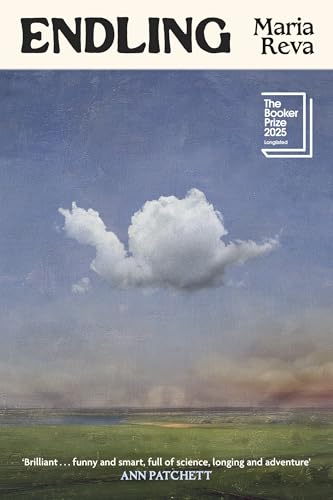
A tale of two very distinct halves – for two very distinct reasons – Reva’s Booker longlisted debut novel opens in Ukraine in 2022 and centres of Yeva, a scientist committed to breeding rare snails, some of which are endlings (the last known living member of a species). To fund her work, she joins so-called ‘romance tours’ as a fake potential match for would-be Western men looking for mail-order Ukrainian brides – and it’s on one of these that she meets two sisters with a plan to disrupt what they see as the anti-feminist evils of the marriage industry by kidnapping a vanload of bachelors and holding them hostage. So far, so fun and so funny. But then midway through, the real-life Russian invasion happens and the entire novel comes to an abrupt halt – complete with acknowledgements and a Note About the Author – before being restarted with the war very much front and centre. It’s a brilliant illustration of the disruption the war enacted upon Reva’s writing process, directly addressing her concerns for her Kherson-based grandfather who is refusing to leave his frontline home. Funny, clever, heartbreaking – Endling has it all.
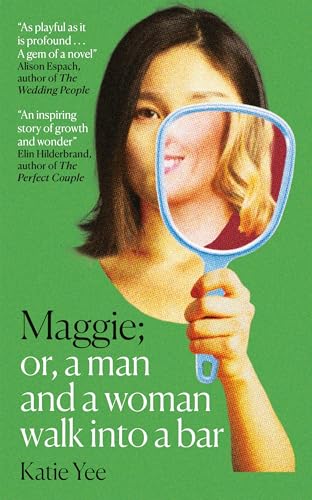
Brooklyn-based writer Yee’s short, pithy debut is a tale of two Maggies – the first, the woman her husband is leaving her for; the second, the name she gives to the lump she finds in her breast shortly afterwards, when she is subsequently diagnosed with cancer. So this is a divorce novel and a cancer novel, but – as both that set up and its punchline-to-come title suggest – it is anything but a typical representation of either genre. Covering the months that follow both discoveries, it eschews chapters for anecdote-length passages that are both funny-sad and ha-ha as she struggles to make sense of both while keeping her focus firmly and lovingly on her two young children. In-between there are knock-knock jokes and bedtime retellings of tales of Chinese folklore gifted to her from her late mother and the beginnings of The Guide to My Husband: A User’s Manual as she tries to make sense of her own personal and wider family history. Beautiful and heartfelt, it doesn’t shy away from any of the realities of either situation but nor does it wallow or dwell.
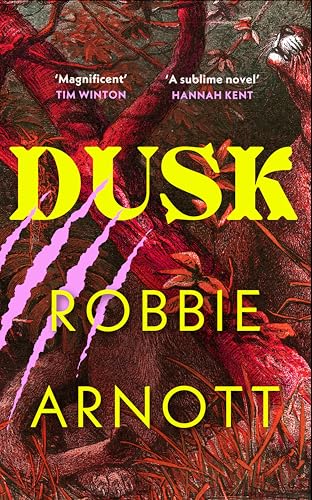
Itinerant twins Iris and Floyd – the outcast children of ‘killer thieves’ who scrape a living picking up odd jobs on sheep farms and the like – are in somewhere resembling rural Tasmania looking for work when they hear about a large bounty placed on an escaped puma. The setting is Australia at an unfixed point after the first generations of colonial settlers have been there long enough to have established themselves to have become the dominant citizens of the country, and to upset the delicate balance of the land – by introducing deer, then pumas to kill the deer – with disastrous consequences. The big cat in question, Dusk, is the last of its kind in the area – and the most deadly. But the bounty is too big for the twins to not try to succeed where a steadily increasing number of others have failed. As the twins set about tracking Dusk, we learn more of their childhood on the run and the deep, loving connection the siblings share with each other and the land around them. Arnott’s prose is expansive and beautifully rendered, bringing the harshness and beauty of the landscape to life, both of which are given an almost dreamlike heightening by the mystery of the time and setting. A lush, immersive read.
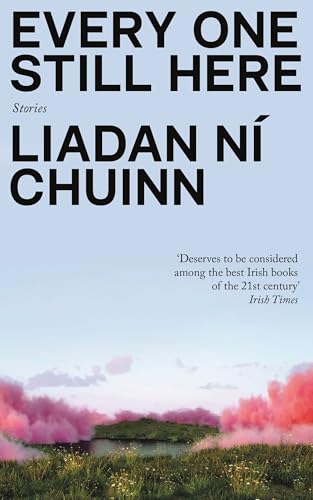
This phenomenally good debut by the mysterious Northern Irish writer (Liadan Ní Chuinn is a pseudonym; the jacket only reveals the year of their birth – 1998, the same year the Good Friday agreement was signed) bristles with pain, compassion and controlled fury. While each of the six stories in the collection present self-contained worlds in which their characters are driven by their own lives and problems (a medical student struggling with the reality of his first anatomy classes; a young teenage girl who reveals she is pregnant to her brother’s girlfriend; the emotional fallout triggered by the reveal of a fake fertility clinic), it is the history of Northern Ireland itself and the long, lingering legacy of the Troubles that provides the emotional fuel throughout. Something that’s made devastingly clear in the story – and the notes that follows – that brings this brilliant collection to an end.
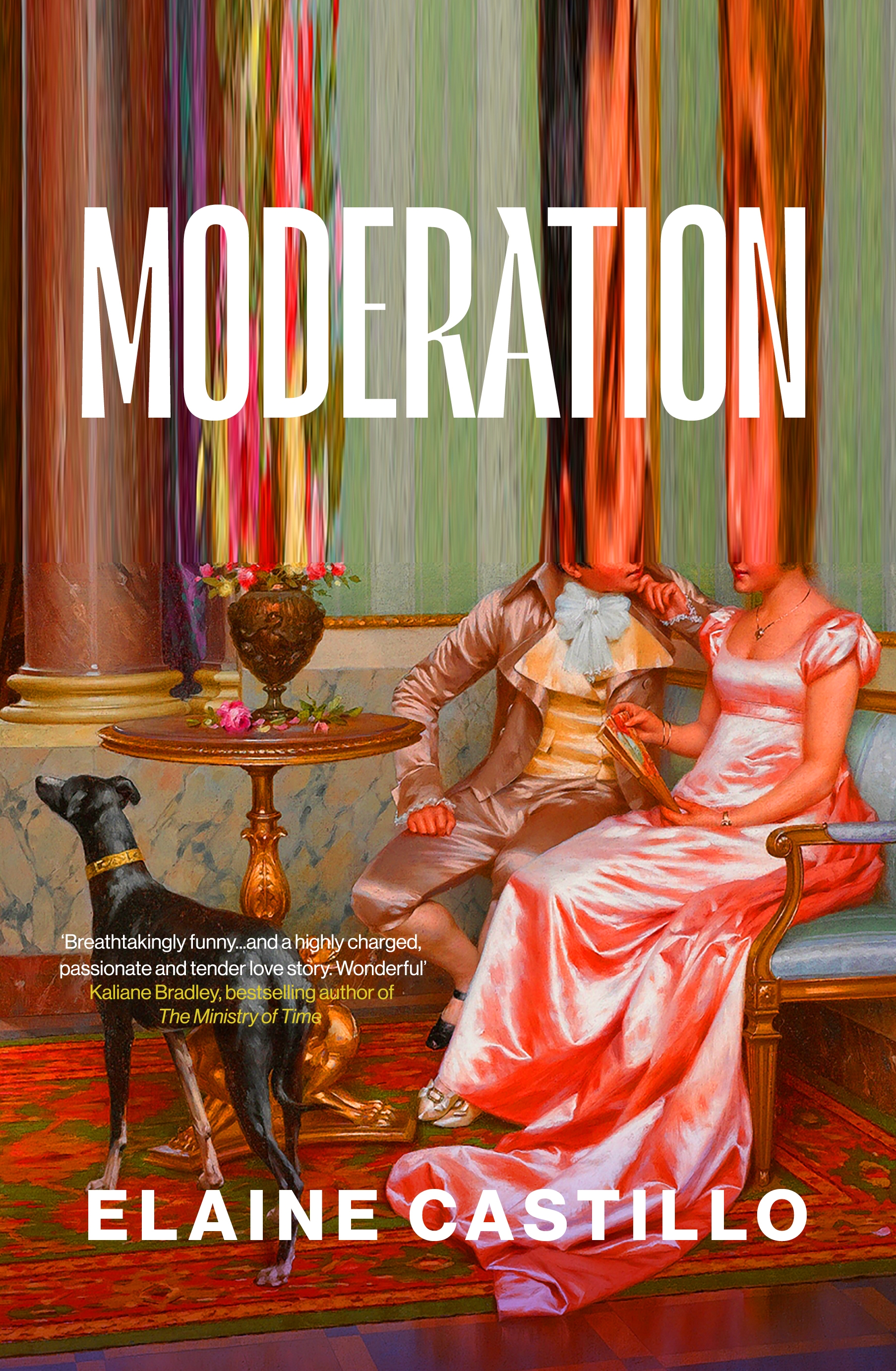
When social media moderator Girlie is offered a new job at the VR site the company she works for has acquired, the numbers are too big for her not to say yes. But like any offer that’s too good to refuse, there is more to Playground than meets the (virtual) eye. Playground is built from technology that was originally intended to be used as a therapeutic tool, but after its creator died in mysterious circumstances it is left to psychologist and the best friend of that founder, William, to try and steer its course through its new market. Meanwhile Girlie – a Filipina-American with a large, dysfunctional family with a penchant for high-end consumer goods – has spent her life trying to moderate her feelings and her past, and that includes no falling in love. Her resolve on every level is tested by Playground and by William himself. As the truth about the company’s plans for the new technology is gradually revealed the pair are put to the test in more ways than one.
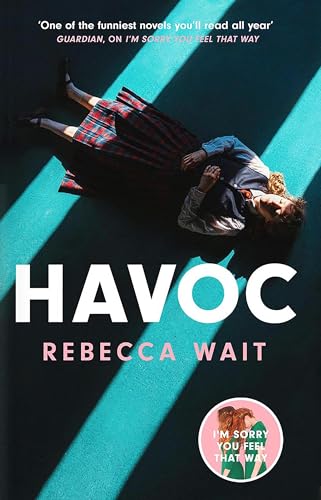
The I’m Sorry You Feel That Way author is back with painfully funny new novel set in a remote girls’ boarding school in southern England that becomes plagued with a mysterious illness. From the outset, 16-year-old Ida – who finds herself there after fleeing a hinted-at family disgrace in Scotland – is determined to remain stoically unfazed by the school’s peculiarities (a head teach obsessed with the Cold War and threat of the bomb; a roommate with a reputation for arson – just how bad were things at home…?). But as the number of girls falling prey to the symptoms of the illness – jerking limbs and all – increases only one question matters: are the schoolgirls in the grip of a mass hysteria or are they being poisoned? Irreverent and funny throughout, Wait has a lot of fun with both her set-up and characters – a great book-club read.
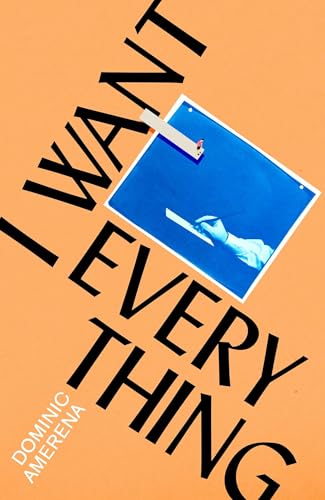
The debut novel from Australian writer Dominic Amerena is a gleefully caustic – not to mention somewhat spiteful – tale of literary theft, a la Yellowface. In this case, the writer in question is not dead, but long disappeared; a fabled Aussie author with a plagiarism scandal behind her who hasn’t been seen or heard of for 50 years when a struggling writer just happens to stumble across her at his local pool. He is immediately aware of the potential in being the one to ‘uncover’ and retell her story – and he will do everything it takes to get the scoop of the century. But it’s his own unfaltering ambition that will be the making or breaking of him in what follows. Amerena loads his tale with creative rivalries and backbiting. The question in an increasingly cat-and-mouse game is: who will break first?
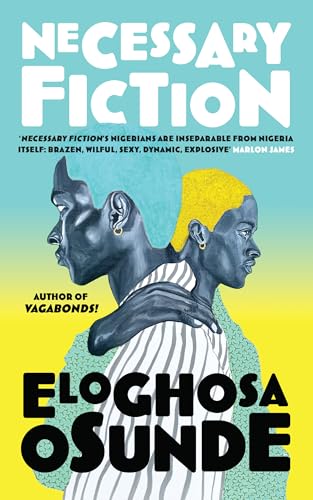
A novel in name, if not entirely in structure – while the chapters and (huge cast of) characters do interconnect, but the work can arguably also be approached more as a series of stories – Osunde’s follow-up to their acclaimed debut Vagabonds follows an intergenerational array of queer characters in Nigeria. Osunde’s writing and descriptions are both beautiful and, at times, visceral; family in all its guises – not least those created by personal circumstance and choice – is a running theme. However you do choose to read it, go slowly and enjoy – this is prose worth spending time with and it rewards either way.
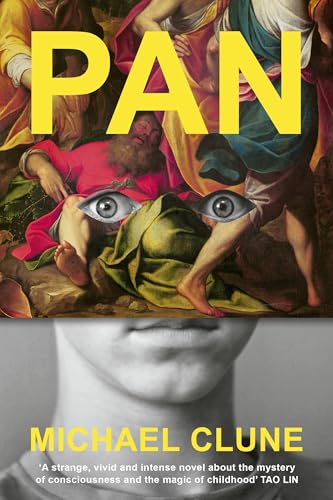
Acclaimed non-fiction writer Clune’s debut novel is a strange elliptical read that presents itself as one thing – a coming-of-age tale; a glimpse into mental illness; a parable of first love – then shifts deftly into something else, never quite allowing itself to be pinned down. We meet Nicholas shortly after he’s been sent to live with his divorced father and just before her starts having panic attacks that, in time, blow into an all-out panic disorder that he comes to decide are being directed by the Greek god Pan. Nicholas, his best friend Ty, and high-school crush, Sarah, start hanging out in a barn with some of the cool kids from school and the neighbourhood, losing themselves in a haze of drugs and teenage musings on the meaning of life (and Boston’s 1970’s classic More than A Feeling). And it’s here that things get decidedly weird, with cultish rituals and metaphysical discussions that lead to dead mice and house arrests, among other things. This is not a novel you come to for plot, however, it’s one mood, for vibes – and on that level it very much succeeds.
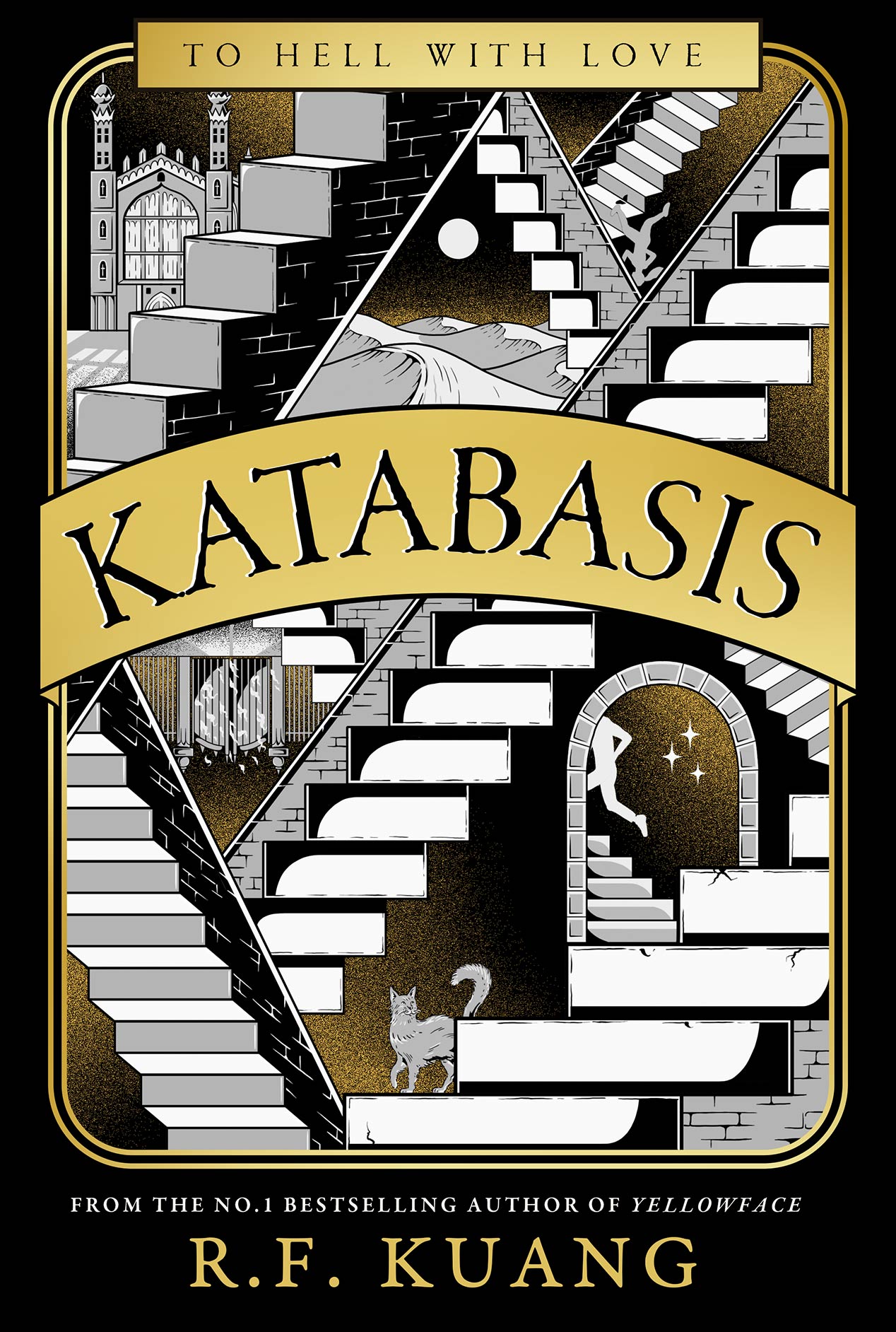
What else is a wannabe magician to do after accidentally killing her Cambridge professor, but go to hell and bring him back from the dead to enable her to graduate and gain tenure at a great magic university exactly as she’s been working towards all these years? Kuang’s latest is a sprawling, erudite tale of magic set in a Dante’s Inferno-esque underworld, teeming with intelligence, ideas and humour (‘Meteorologically,’ Alice observes on first entering the underworld, ‘Hell didn’t seem much worse than an English spring.’) The author has form in the world of dark academia – her 2022 historical, speculative fantasy Babel was set in the hallowed halls of Oxford. Which isn’t to say there isn’t a certain amount of whiplash to be had in finding yourself in a world of potions and spells after her hit publishing satire, Yellowface but it doesn’t last long. Because if there’s one thing Kuang knows how to do in whatever genre she’s working in, it’s storytelling – and Katabasis is quite the ride.
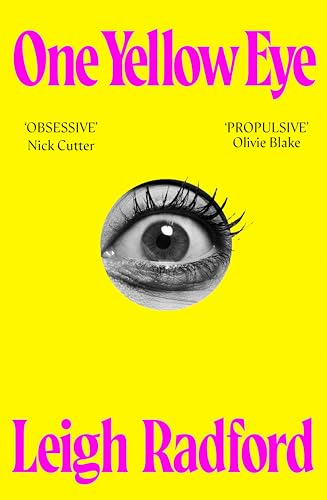
Medical researcher Kesta was devasted to witness her husband, Tim, become infected by a zombie virus that closed London off to the rest of the UK and the world – and while the city is recently reopened, she’s not ready to let him go. For Tim is not dead, as widely assumed, but being kept chained up under lock and key – and heavy sedation – in the couple’s east London flat as Kesta searches desperately for a cure. When she’s invited to join a secret lab that’s determined to win the race to discover a vaccination for the virus, she stumbles onto the real secret of patient zero, endangering both her life and those of the entire city and – potentially – the world. If the zombie-virus as stand-in for the pandemic isn’t exactly lightly-handled, Radford tells her story with humour and heart, and will have you rooting for her – and zombie-Tim – till the end.
Celebrity news, beauty, fashion advice, and fascinating features, delivered straight to your inbox!

Catherine is a freelance writer, editor and copywriter. As a freelance journalist, she wrote for titles including The Times, The Guardian and The Observer before spending eight years as commercial editor for Elle, Harper’s Bazaar, Esquire and Elle Decoration.
Books, art and culture of all stripes are a particular passion. Since returning to freelance in 2019, she has turned her skills to branding and full-service content creation for a broad range of luxury, arts and lifestyle brands, alongside more creative projects, such as book- and script-editing.